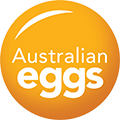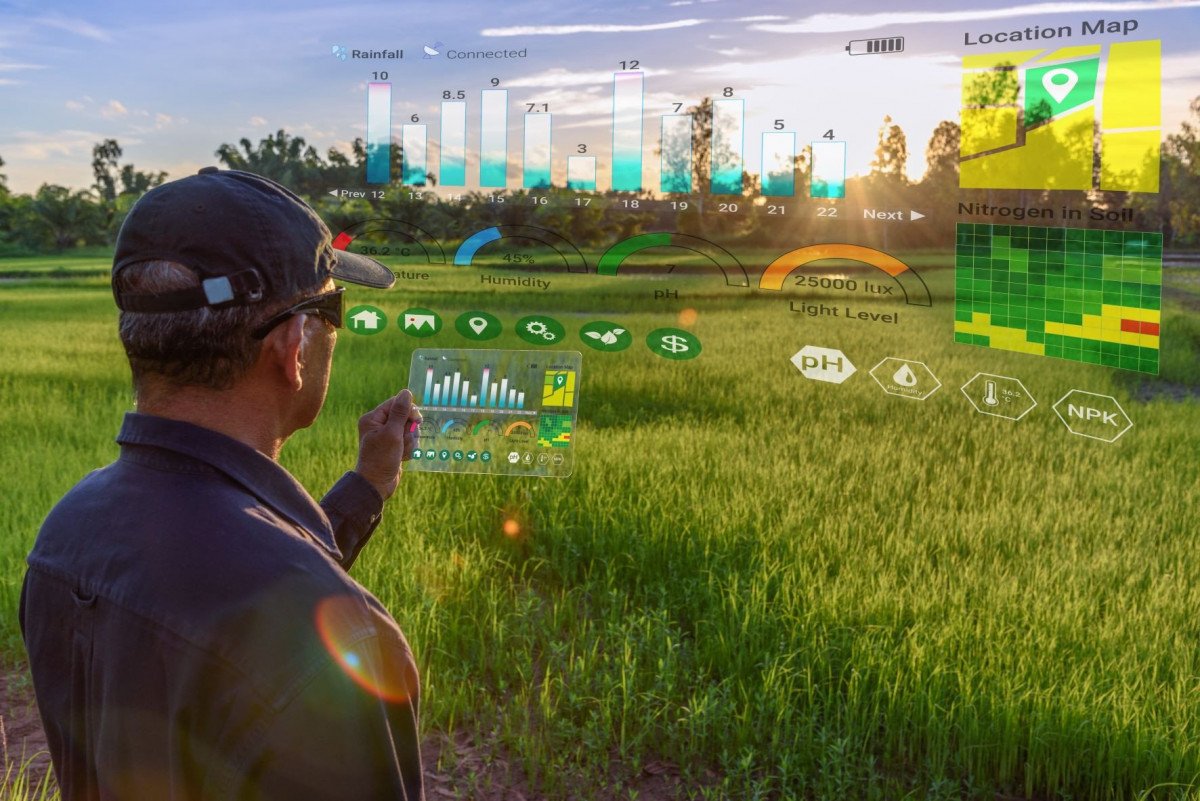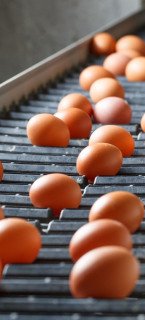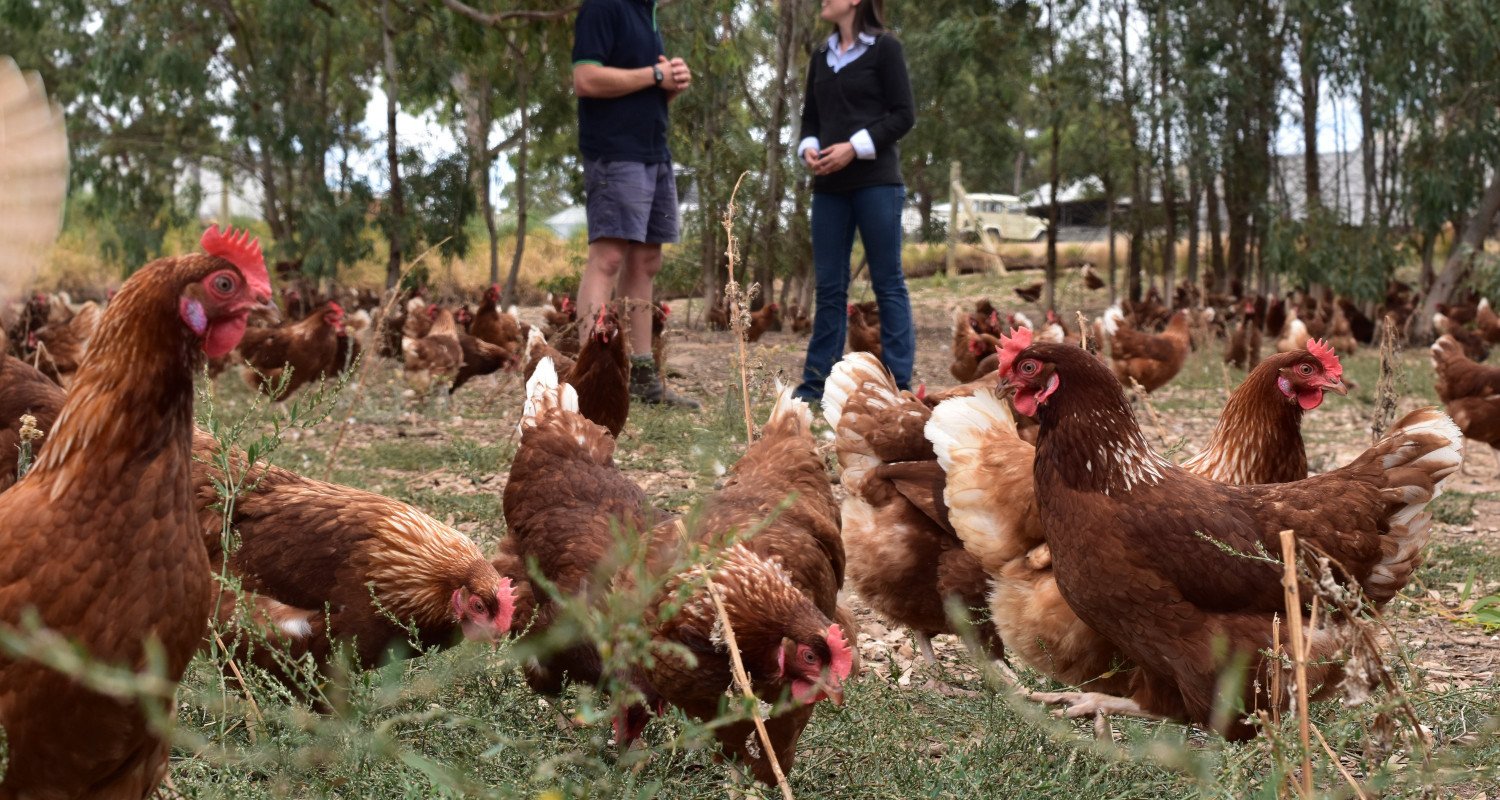
Australian egg industry leads the way in sustainability
Australian egg industry leads the way in sustainability
- Publication
- Reading time 3 minutes

The nation’s egg producers are on a mission to reduce their environmental impacts even further. Despite being one of the nation’s lowest carbon producing animal protein industries, many farms are employing a number of innovative technologies and on-farm processes to improve sustainability.
Egg producers are now implementing energy efficient technologies, range regeneration strategies, renewable energy solutions, and composting programs on farm in pursuit of waste reduction and improved environmental sustainability.
It follows the latest round of Australian Egg’s Sustainability Framework Community Survey, which showed 64 per cent of Australians expressed trust in the industry to act responsibly, and 70 per cent of respondents agreed that egg farmers manage their environmental impacts effectively.
Australian Eggs Managing Director, Rowan McMonnies, says the Sustainability Framework Survey shows where the industry needs to improve.
“We know that Australians expect ongoing improvement when it comes to environmental practices,” he said.
“Sustainability is about more than just the environment, it also considers the economic viability and long-term productivity of a farm, and ensuring the Australian community continues to have access to a nutritious and affordable food source.”
South Australia’s largest egg producer, Days Eggs, employs a major focus on environmental sustainability in its egg production model. Across its operation it uses Smart Sheds, which are fully automated, allowing producers to monitor hens closely. They can then control environmental conditions and feed availability based on flock health and production.
Days Eggs, Poultry Welfare Manager, Jessica Spencer, says Smart Sheds allow real-time monitoring to improve hen welfare and egg production, as well as providing a more energy efficient way of managing the farm.
“As an industry we are doing everything we can to reduce our carbon footprint and help the environment and new technologies allow us to farm better and more efficiently, by improving hen welfare and increasing production,” she said.
“Smart Sheds allow us to better monitor our birds, minute by minute, day by day, and really, really push for that improved welfare, that our customers want to see,” she said.
Australian Eggs is working with the nation’s egg industry on improving farming practices through research and technology.
“The future of egg industry sustainability is technology and automation,” said Mr McMonnies.
“Whether it’s welfare, food safety or environmental measures - technology drives improvement. It delivers a step change in efficiency and removes variability and these seamless farming systems deliver lower energy use, lower feed requirements and lower carbon emissions on an already low footprint.”
One Australian egg producer, leading the way in technology and automation is Valley Park Farm in Seymour, Victoria.
Valley Park Farm owner, Morry Wroby says a lot of investment is being made on-farm to reduce carbon impact.
“Consumers expect industries to be moving forward and reducing greenhouse gas emissions, it’s the right thing to do,” said Mr Wroby.
“We have a lot of investments going into how we can compost and utilise our manure for fertiliser, and changing the hen’s diet, we’re also actively looking at a reduction of consumables, and solar installations across our farms.”
Across the 12-farm operation robotics, technology and automation are also being utilized to improve efficiencies in energy use and production.
“We use a lot of automation in the grading process. The eggs are delivered to the grading floor where we have robots of various capabilities, and then we have systems where we’re able to immediately wash plastic trays, dividers and pallets,” he said.
“From the start to the end, we’re using a lot of automation, that helps us streamline our processes and makes us more efficient.”
You can learn more about the Australian egg industry’s sustainable initiatives here https://www.australianeggs.org.au/farming/egg-industry-sustainability
ENDS
Media enquiries
Maddie Kulk – Senior Account Manager, C7EVEN
M. 0402 586 384
E. [E-Mail not displayed]
 >
> 

